Course Includes:
- Mode: Offline\Online
- Language: English\Hindi
- Certificate: Yes
- Project Certificate: Yes
This course provides a comprehensive introduction to cloud computing, exploring the key concepts, services, and architectures that define cloud environments. It is designed for beginners and intermediate learners who want to understand how cloud technologies work and how they can be leveraged in various industries.

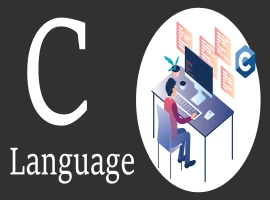
C is one of the most influential programming languages in the hist...
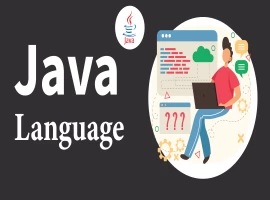
Java is one of the most popular programming languages in the world...

C++ is a powerful, versatile, and widely used programming language...
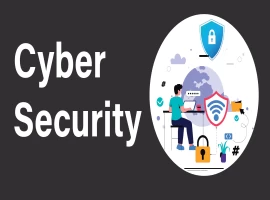
Cyber Security is the study of how th...
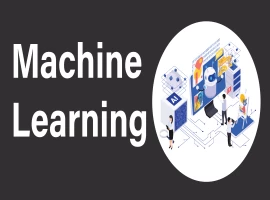
Machine learning is a subfield of artificial intelligence (AI) tha...
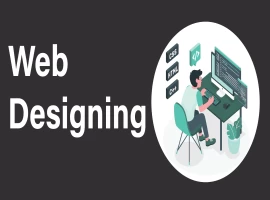
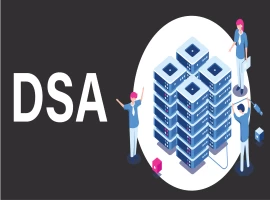
A data structure is a way of organizing and storing data in a computer so that it can be accessed and modified efficien...
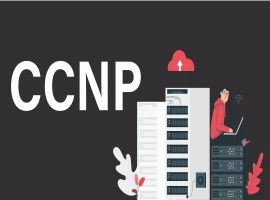
Cisco Certified Network Professional (CCNP) is an intermediate level certifi...
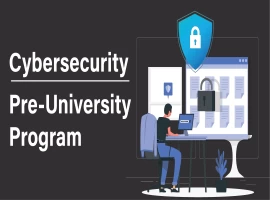
Introduction to Cybersecurity: The course should provide a comprehensive...
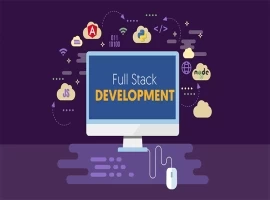
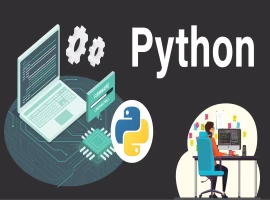
Python is a versatile and beginner-friendly programming language known for its simplicity and readability. In recent years, it has gained immense p...

This course provides a comprehensive introduction to cloud computing, exploring the key concepts, services, and architectures that define cloud env...
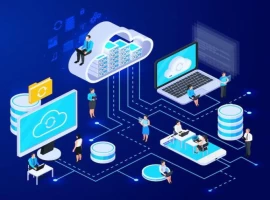
This course offers a foundational understanding of computer networking concepts, protocols, and technologies. It is designed for individuals who ar...

This course provides an in-depth introduction to Artificial Intelligence (AI), covering its core concepts, algorithms, and applications. It is desi...
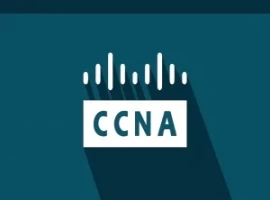
This comprehensive CCNA course is designed to equip you with the foundational knowledge and practical skills required to install,...